FM Araghchi’s 'brave' regional tour amid heightened tensions shows Iran’s stature
By Alireza Akbari
Amid heightened tensions in the region following Iran’s retaliatory strikes at the occupied Palestinian territories in response to the Israeli aggression, Iran’s top diplomat landed in Beirut on Friday.
His plane touched down as the regime warplanes continued to indiscriminately target civilian areas in southern Lebanon and the southern suburbs of Beirut, claiming over 2,000 lives in just two weeks.
The Iranian military operation dubbed ‘True Promise II’ was in response to the assassinations of top resistance leaders – Sayyed Hassan Nasrallah, Ismail Haniyeh and senior commander of the Islamic Revolution Guard Corps (IRGC) Abbas Nilforoushan.
Following the unprecedented operation on Tuesday, which targeted key Israeli military and intelligence bases near Tel Aviv, Israeli regime officials issued warnings against any visit to Beirut.
However, Abbas Araghchi, accompanied by an official delegation, proceeded with his unannounced trip, sending a clear and categorical message to Tehran’s allies and adversaries alike.
The trip triggered reactions from analysts worldwide, who commended the Iranian foreign minister’s visit to the Lebanese capital amidst Israeli threats against Tehran.
The key objective of Araghchi’s visit to Beirut was to reaffirm the Islamic Republic of Iran’s ironclad support for Lebanon and the Lebanese resistance amid incessant Israeli aggression.
“Our determination is far stronger than to be shaken by such matters,” he declared in Beirut, referring to Israeli airstrikes near Beirut-Rafic Hariri International Airport in the city's southern suburbs.
The top diplomat also carried 10 tons of food and medical aid for the Lebanese people.
‘Iran stands with people of Lebanon’
After arriving at Beirut airport amid the sound of bombings, Araghchi took to X, formerly Twitter, to reaffirm Iran’s support for people in the neighboring country
“I am in Beirut—alongside members of our Parliament and the Red Crescent Society—to make clear that Iran will ALWAYS stand with the people of Lebanon,” he stated.
“We invite other regional govts to also display steadfastness in their support for Lebanon, especially amid the onslaught by the Israeli regime.”
Araghchi was accompanied by some lawmakers as well as aid officials, which demonstrated the seriousness with which the Islamic Republic views developments in Lebanon.
Esmaeil Baghaei, the spokesperson for the Iranian foreign ministry and part of Araghchi's delegation, also took to X. “Iran is steadfast in its solidarity with the brave people of Lebanon,” he wrote.
During a meeting with Lebanese Prime Minister Najib Mikati, Araghchi reiterated Iran’s "determination" to support the Lebanese government, people, and resistance in the face of Israeli aggression.
He stressed the importance of coordinated efforts by Islamic and Arab countries to highlight the illegal and criminal actions of the Israeli regime in Gaza and Lebanon and to mobilize international organizations for collective action to halt the regime’s unbridled aggression.
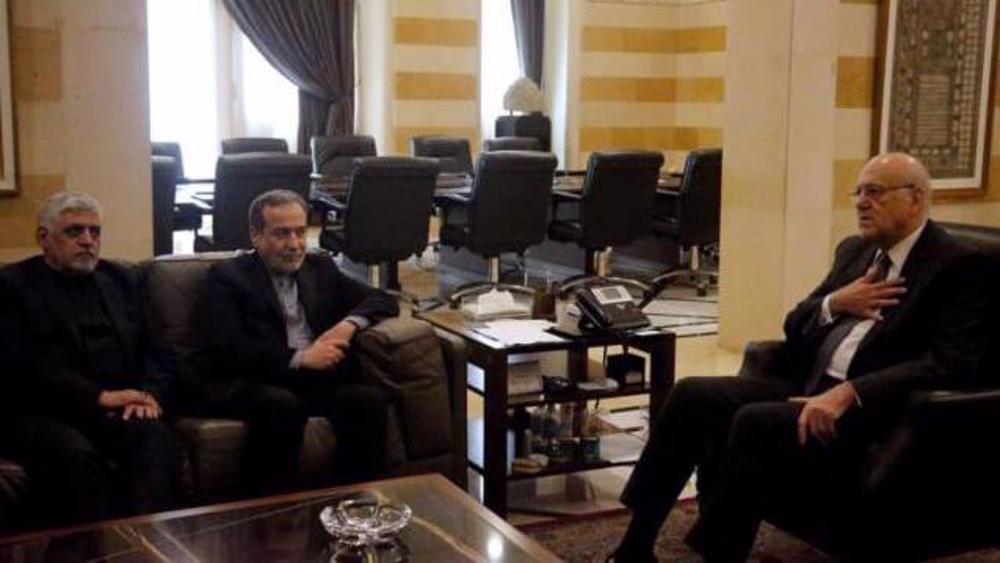
In a meeting with Lebanon's Parliament Speaker Nabih Berri, Araghchi reaffirmed Iran’s “steadfast support for Lebanon and the resistance” and added that Lebanon must not become another Gaza.
“The world must unite to save the region from the scourge of an imposed and unwanted war. The heinous crimes of Israel in Gaza should not be allowed to be repeated in Lebanon,” he stated.
During a meeting with Lebanese elites and some members of parliament on Friday evening, Araghchi mourned the loss of Hezbollah resistance movement leader Sayyed Hassan Nasrallah.
“Although we are all saddened by the great loss of the Sayyed of resistance and our brave mujahideen, we believe in the righteousness of our path and final victory more than ever,” he noted.
Nasrallah’s assassination followed a series of high-profile assassinations of resistance commanders and leaders in Lebanon as well as device detonations that killed dozens and injured thousands.
Iranian ambassador to Beirut Mojtaba Amani said Araghchi's trip to Lebanon was “brave and powerful" and will have “important regional consequences."
“Iran has always shown that it will stand by Lebanon in difficult situations,” he wrote in a post on X. “The Islamic Republic of Iran will never allow the fate of the region to be changed by America and the illegal Zionist entity,” Amani stated.
‘Aragchi’s visit carries significant meaning’
After his whirlwind trip to Lebanon, Iran’s top diplomat headed to Syria to continue his consultations with regional leaders on the Israeli regime’s terrorist actions and the need to confront it.
In Damascus, Araghchi held talks with his Syrian counterpart Bassam Sabbagh, urging Muslim countries to intensify diplomatic efforts to “pressure” supporters of Tel Aviv to stop the Israeli regime’s crimes.
The meeting also involved discussions on the development of bilateral relations between Tehran and Damascus in politics, economics, and security, and to strengthen cooperation in various sectors.
Both sides stressed the need for international mobilization to halt the “occupying regime’s genocide in Gaza and its aggression toward Lebanon.”
In a meeting with Syrian President Bashar Al-Assad, Araghchi reiterated Iran’s full support for Syria and the resistance front in countering the Zionist regime's occupation and warmongering.
He emphasized that Iran’s position is aligned with safeguarding regional peace, stability, and the national security of neighboring states.
President Assad, for his part, noted that Araghchi’s visit carries “significant meaning,” symbolizing Iran’s strength and resistance against the illegal threats and criminal actions of the Zionist regime.
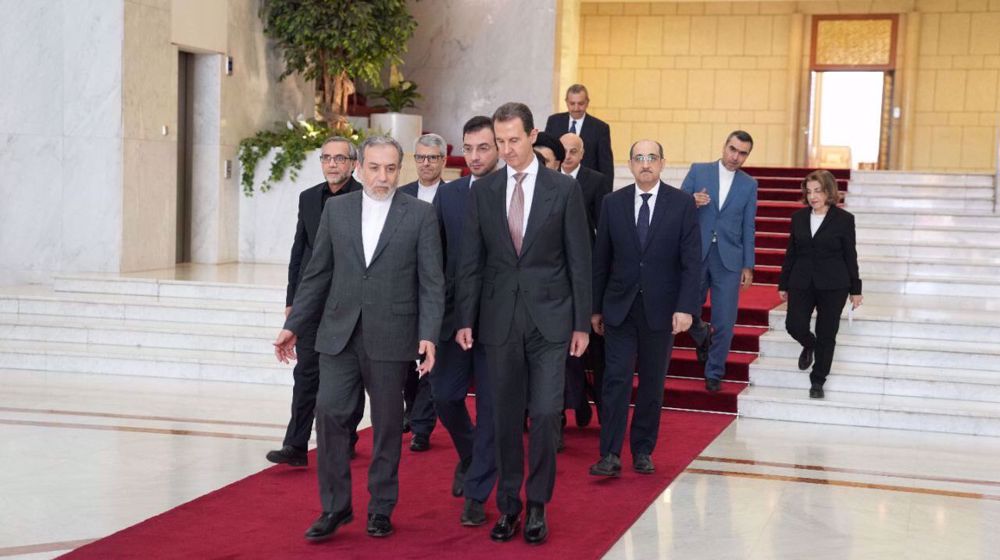
In a meeting with Syrian Prime Minister Mohammad Ghazi al-Jalali, the top Iranian diplomat emphasized the Masoud Pezeshkian administration's willingness to continue and expand comprehensive cooperation between Iran and Syria, particularly in the economic sector.
They also discussed the severe humanitarian crisis in Lebanon caused by Israeli aggression, underscoring the need to mobilize regional and international resources to assist displaced populations.
Araghchi also addressed a press conference in Damascus on Saturday evening before ending the visit.
“There are two key issues on our agenda: addressing the situation of Lebanese refugees in Lebanon and Syria, and establishing a ceasefire in Lebanon and Gaza. Regarding refugees, we have strong coordination with the Syrian government,” he told journalists.
“The message of my visit to Damascus and Beirut is that Iran will continue to stand by the resistance movement under any circumstances.”
He further said the roadmap of the Pezeshkian government is the continuation of existing policies.
“Our relations with Syria are strategic and will remain unchanged. We will coordinate with Syria on all regional matters and continue our consultations,” Araghchi noted.
In Sunday’s closed parliamentary session, Iranian lawmakers commended the positions of the Islamic Republic as articulated by Foreign Minister Araghchi and President Masoud Pezeshkian during their recent visits to regional countries.
Showcasing missile with ‘extraordinary destructive power’ sign of refusal to renounce defense: IRGC
US imposes ‘terrorist-grade sanctions’ on UN expert, ICC judges amid Gaza accountability drive
VIDEO | Press TV's news headlines
Senior Russian general shot and wounded in Moscow: Officials
UK ordered in 'milestone' court ruling to pay $570 million for colonial-era massacre
VIDEO | Defying the rubble, Gaza opens its first face-to-face school since start of war
‘Ready for next round’: Million-man rally in Yemen backs Gaza, resistance
FM Araghchi departs Muscat for Doha following nuclear talks with US


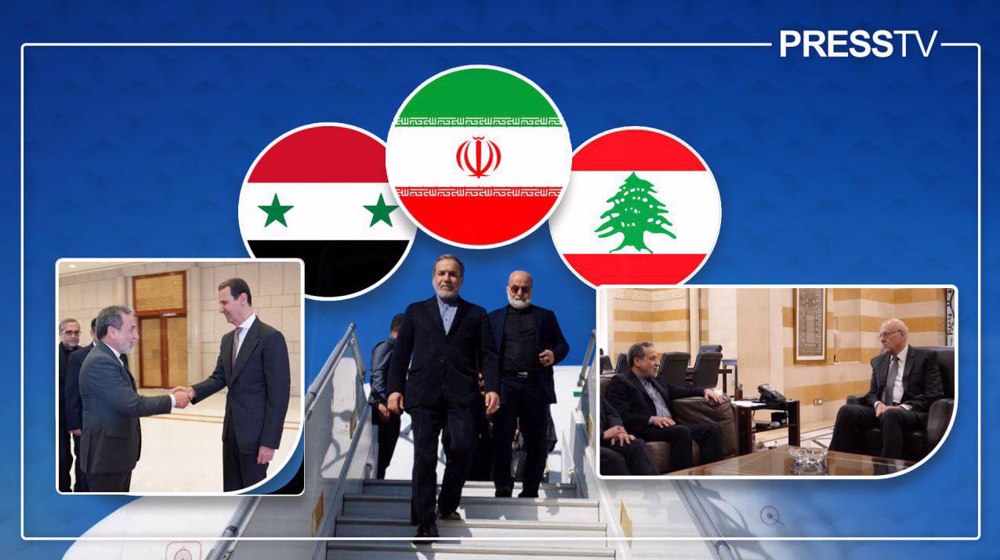
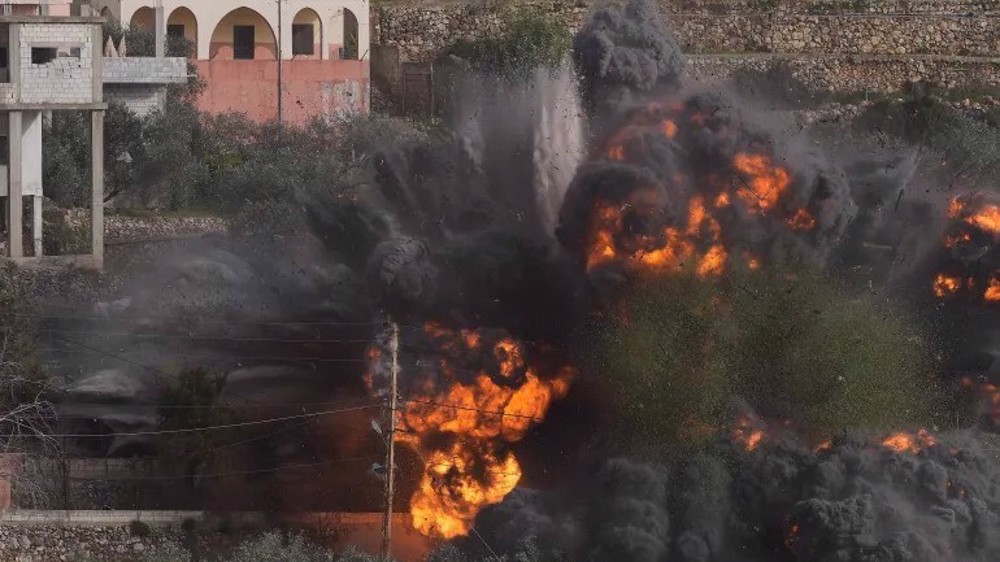
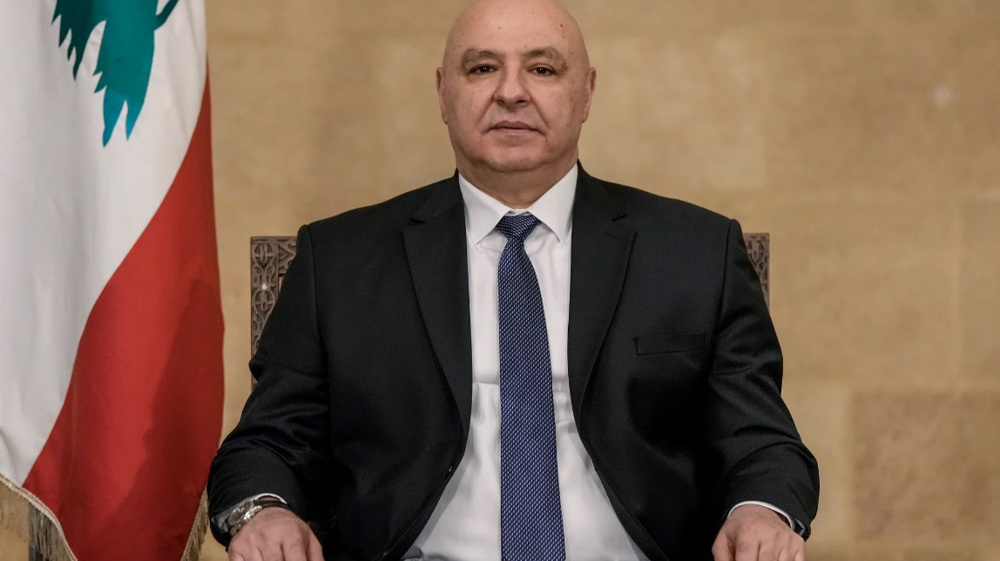
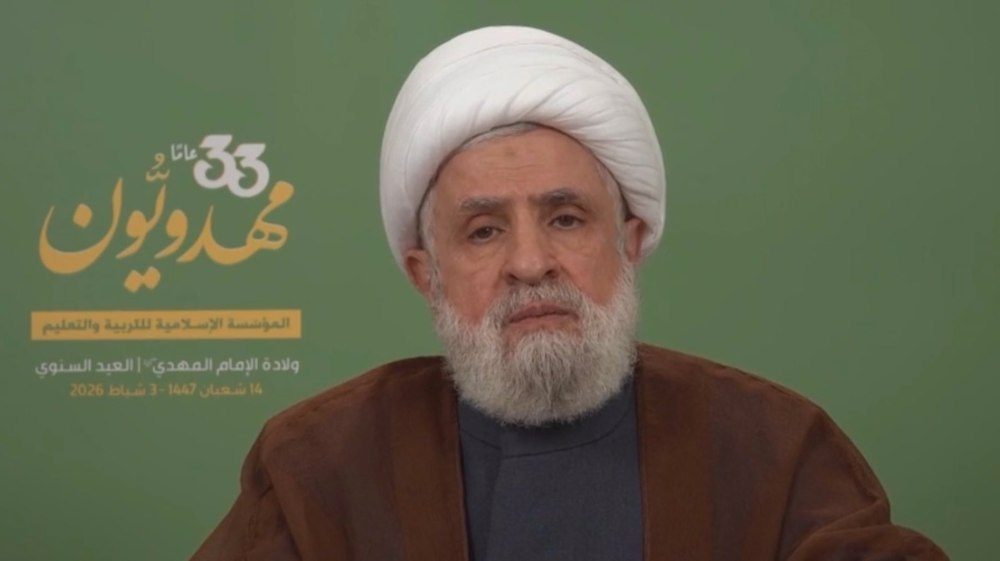



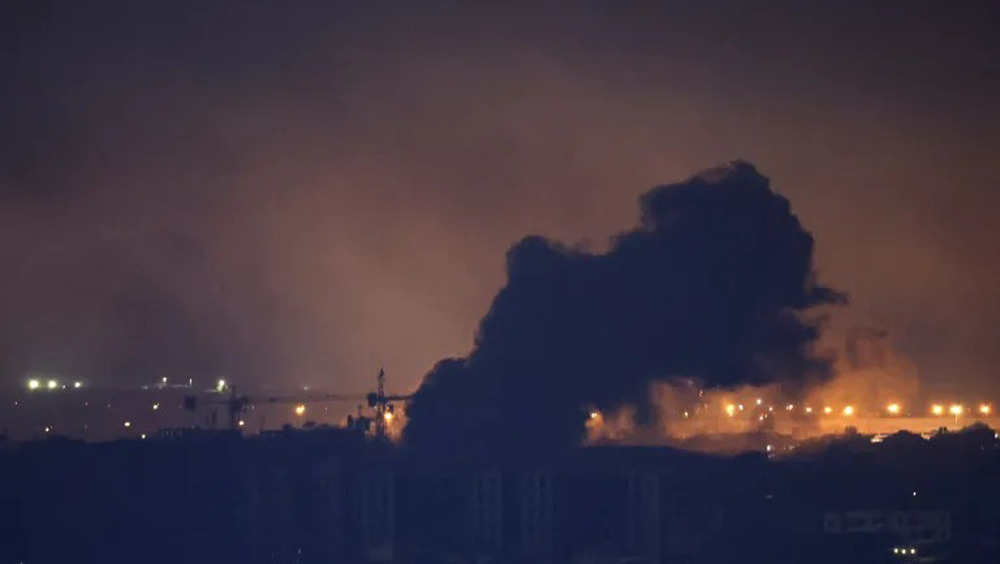
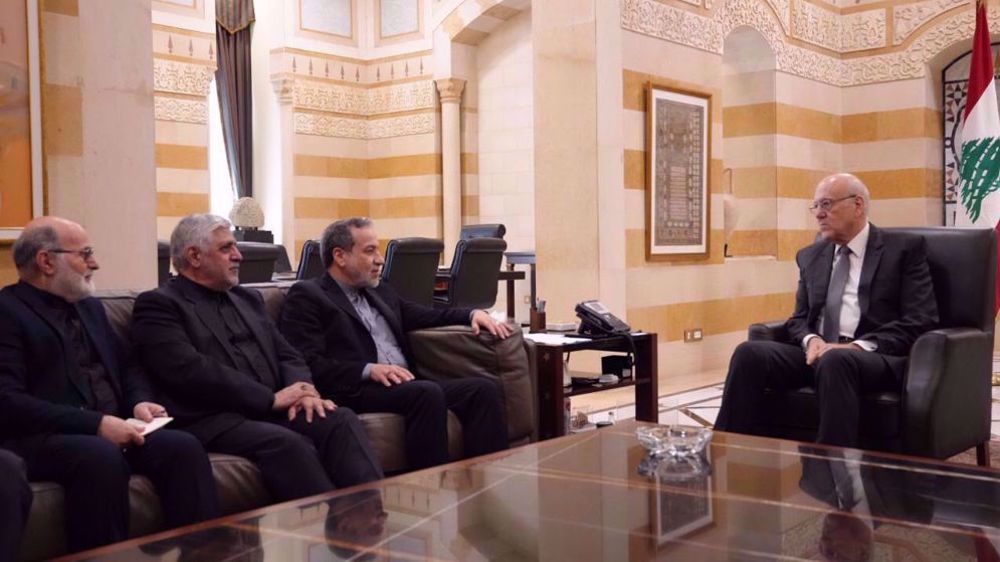
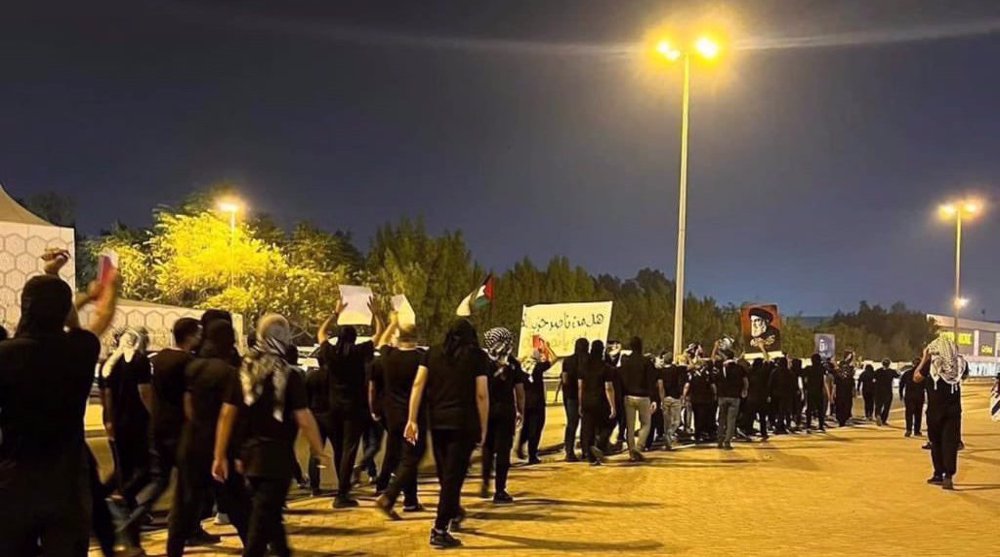
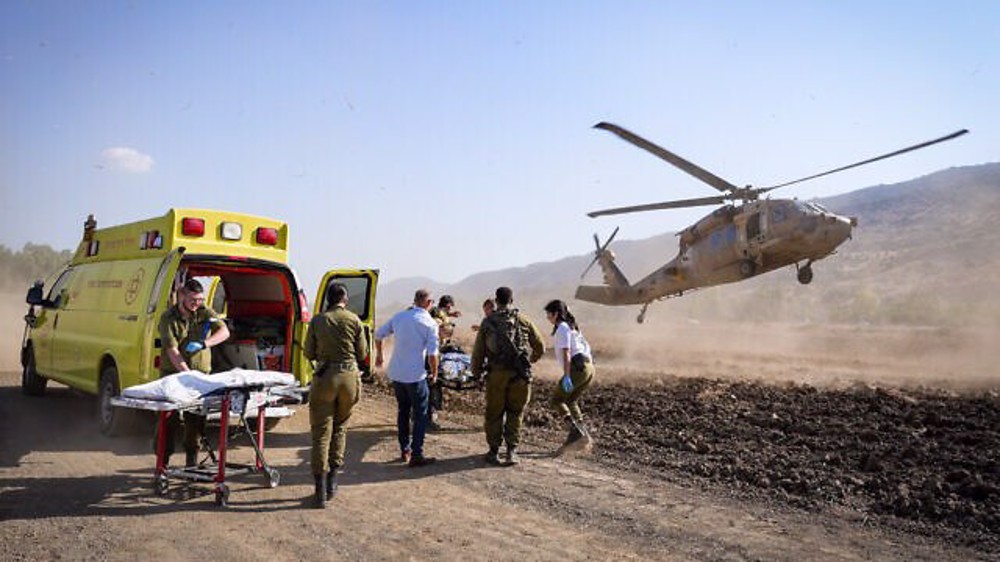
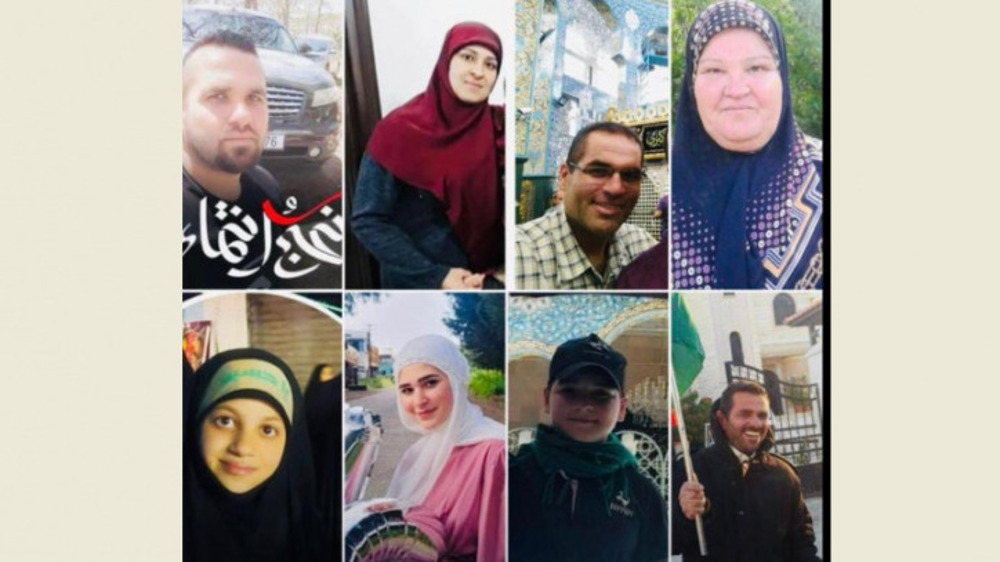

 This makes it easy to access the Press TV website
This makes it easy to access the Press TV website